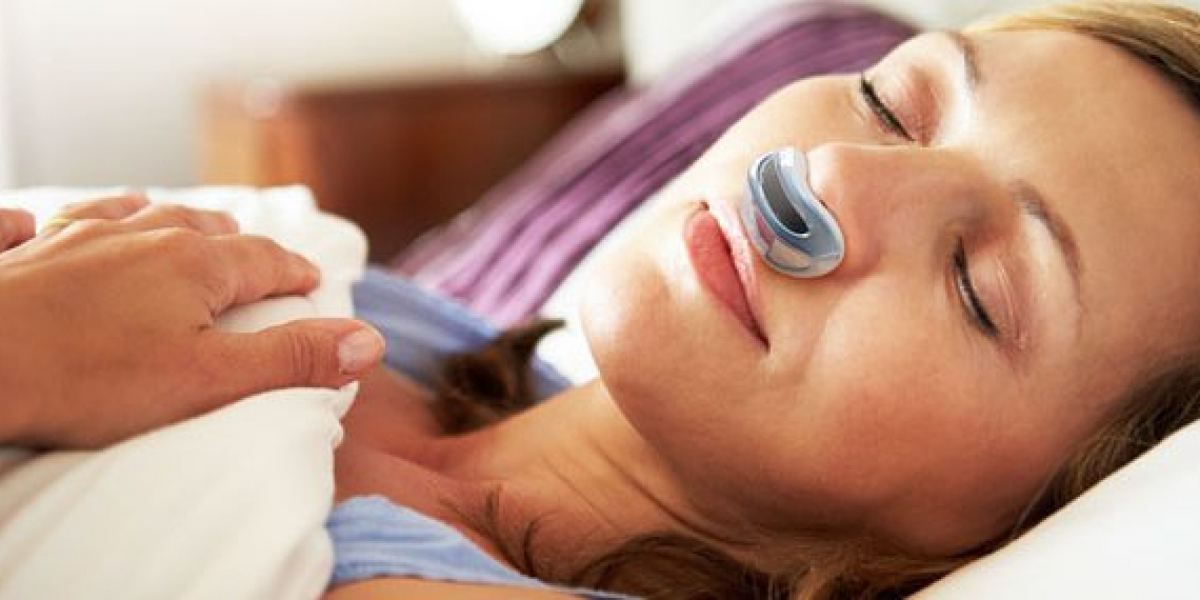Understanding Tinnitus: The Ringing You Can’t Ignore
Tinnitus is a condition that many people experience but often struggle to explain. Most commonly described as a persistent ringing, buzzing, hissing, or humming in the ears, tinnitus affects roughly 15-20% of the population. For some, it’s a mild inconvenience; for others, it can seriously impact quality of life, making it difficult to sleep, concentrate, or enjoy daily activities.
While tinnitus itself isn’t a disease, it is frequently a symptom of an underlying issue that needs medical attention. Recognizing the potential causes and understanding when it’s time to see a specialist can help you manage symptoms more effectively and prevent further complications.
Common Symptoms of Tinnitus
Tinnitus may sound different from person to person. Some describe it as a high-pitched tone, while others hear whooshing, clicking, or static-like sounds. It can occur in one or both ears and may come and go—or persist constantly.
Common accompanying symptoms include:
- A feeling of fullness in the ear
- Difficulty hearing
- Heightened sensitivity to sound (hyperacusis)
- Sleep disturbances
- Difficulty concentrating or focusing
- Increased stress, anxiety, or depression
In some cases, tinnitus may be linked to hearing loss or ear infections, making it essential to uncover the root cause.
Causes of Tinnitus
The causes of tinnitus can vary widely, ranging from temporary conditions to more serious underlying disorders. Below are the most common contributors:
1. Hearing Loss
Perhaps the most frequent cause of tinnitus is age-related or noise-induced hearing loss. Damage to the inner ear hair cells—whether from prolonged noise exposure or natural aging—can disrupt how the ear processes sound, resulting in phantom noises or ringing.
When these tiny hair cells are damaged, they can misfire and send incorrect signals to the brain, which interprets them as sound—even when none is present.
If you’re experiencing hearing changes alongside tinnitus, it’s important to consider a hearing test through a qualified audiologist or ENT provider.
2. Earwax Buildup
Excessive or impacted earwax can block the ear canal, leading to irritation or changes in pressure that may trigger tinnitus. Attempting to remove earwax with cotton swabs can often worsen the issue or push the wax deeper.
If your tinnitus began suddenly or is accompanied by a feeling of fullness or hearing muffled sounds, earwax could be the culprit. Professional ear cleaning can often provide immediate relief in these cases.
3. Exposure to Loud Noise
Regular exposure to loud environments—such as concerts, construction sites, firearms, or industrial workplaces—can lead to permanent ear damage. The risk is not limited to physical noise; even prolonged headphone use at high volumes can cause the type of damage that results in tinnitus.
Wearing hearing protection and following safe listening practices are essential for prevention.
4. Ear and Sinus Infections
When the ear becomes infected or clogged due to sinus pressure, fluid buildup or inflammation can create temporary or recurring tinnitus symptoms. Infections that go untreated may also result in hearing loss or damage to the middle ear.
In cases where tinnitus is accompanied by ear pain, dizziness, or fever, seek treatment from an ENT specialist to address the infection and relieve pressure.
5. Medication Side Effects
Some medications are known to be ototoxic, meaning they can damage the inner ear or auditory nerve. Common culprits include:
- Certain antibiotics
- Anti-inflammatory drugs (e.g., aspirin in high doses)
- Diuretics
- Antidepressants
- Chemotherapy agents
If your tinnitus symptoms began after starting a new medication, speak to your prescribing doctor or ENT to explore alternatives.
6. Jaw Problems and TMJ Disorder
The temporomandibular joint (TMJ) connects your jaw to your skull, located very close to the ear canal. Disorders in this joint can result in pressure changes or nerve irritation that trigger tinnitus.
You may notice clicking sounds in your jaw, pain while chewing, or limited jaw movement alongside tinnitus symptoms.
7. Blood Vessel Disorders
In rare cases, pulsatile tinnitus (a rhythmic sound that matches your heartbeat) can indicate a vascular issue, such as high blood pressure, turbulent blood flow, or a vascular tumor near the ear.
Unlike standard tinnitus, which produces a steady sound, pulsatile tinnitus should always be evaluated by a specialist due to its potential connection to circulatory health.
8. Stress and Anxiety
There is a clear connection between stress and tinnitus. High stress levels can heighten your awareness of internal sounds or even cause muscle tension that worsens symptoms. While stress might not directly cause tinnitus, it can certainly make it more noticeable and difficult to manage.
When to See an ENT Specialist
If you experience tinnitus that lasts longer than a few days, worsens over time, or affects your ability to sleep or concentrate, it’s time to consult an ENT specialist.
You should schedule an appointment if:
- Tinnitus is accompanied by sudden hearing loss
- You have a history of loud noise exposure
- You hear tinnitus in only one ear
- It disrupts your daily life or mental health
- You have additional symptoms such as dizziness, vertigo, or ear pain
An ENT evaluation will include a physical examination, a hearing assessment, and possibly imaging or additional diagnostic tests depending on your symptoms.
If balance is also affected, your ENT may evaluate you for dizziness or vertigo to rule out inner ear causes.
Tinnitus Treatment Options
There is no one-size-fits-all treatment for tinnitus, as it depends on the underlying cause. However, ENT specialists offer a range of treatment options designed to reduce symptoms and improve quality of life:
1. Hearing Aids
In patients with both tinnitus and hearing loss, hearing aids can provide significant relief. Amplifying external sounds often reduces the brain’s sensitivity to internal noises, effectively “masking” the tinnitus.
Some advanced hearing aids even include built-in tinnitus therapy features, playing white noise or soothing sounds.
2. Sound Therapy
Using white noise machines, masking devices, or nature sounds can help minimize the awareness of tinnitus—especially in quiet environments such as bedtime.
Smartphone apps and sleep devices also offer customizable tinnitus masking to help patients fall asleep more easily.
3. Cognitive Behavioral Therapy (CBT)
CBT is an evidence-based approach that helps patients reframe their thoughts and reactions to tinnitus. Rather than eliminating the sound, CBT teaches coping strategies to reduce the emotional impact, anxiety, and depression often associated with chronic tinnitus.
4. Treating Underlying Medical Conditions
If tinnitus is related to an identifiable cause such as:
- Sinus or ear infections
- Impacted earwax
- TMJ disorder
- Medication side effects
Then treating that issue may eliminate or reduce tinnitus symptoms altogether.
5. Lifestyle and Dietary Adjustments
Some patients find relief by avoiding known tinnitus triggers, which may include:
- Caffeine
- Nicotine
- Alcohol
- Salt
- High-stress environments
Keeping a symptom diary can help identify patterns and lifestyle factors that worsen your condition.
6. Tinnitus Retraining Therapy (TRT)
TRT combines counseling and sound therapy to help the brain “tune out” tinnitus over time. It works by retraining your auditory system to become less sensitive to tinnitus, reducing its perception and impact.
Living with Tinnitus: Finding Relief
Living with tinnitus can be frustrating, but with the right diagnosis and a comprehensive care plan, most patients can find relief and regain control over their daily lives.
Many of our patients at Pacific View ENT have found success through hearing aid therapy, sound therapy, and lifestyle coaching, depending on their unique needs. While there may not be a universal cure for tinnitus, there is a path forward—and it starts with a conversation with a specialist.
Talk to Pacific View ENT in Camarillo
If you’re experiencing ringing, buzzing, or persistent noise in your ears, don’t wait. Dr. Armin Alavi and the team at Pacific View ENT in Camarillo are here to help you understand your symptoms and develop a personalized treatment plan.
We offer complete evaluations, hearing aid testing, and advanced tinnitus therapies designed to help you reclaim your quality of life.
? Call us today at (805) 335-1690 or
? Fill out our contact form to schedule your appointment.
Our clinic is open Monday through Friday, 8 AM to 5 PM, and we’re happy to help answer any questions you may have.



